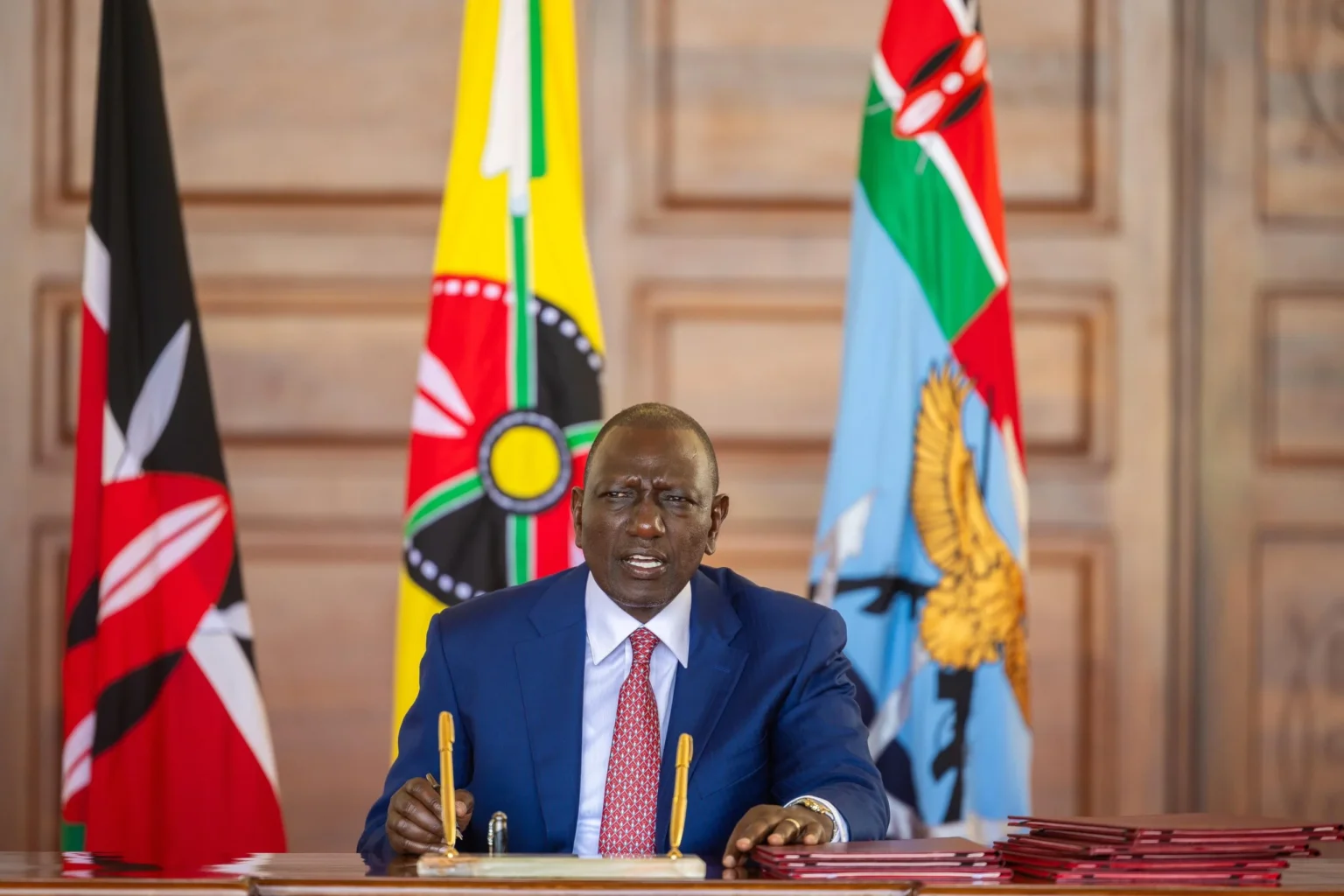The World Bank has raised the alarm over Kenya’s worsening economic outlook under President William Ruto, warning that the country is failing to generate enough jobs for its youthful population while poverty continues to rise.
In its latest Kenya Economic Update published on Monday, the global lender said the country is experiencing “a deepening youth employment crisis,” with the rate of job creation failing to keep pace with the growing number of young Kenyans entering the labour market.
“Job creation, especially for youth, remains insufficient. The pace of economic growth has not translated into meaningful employment opportunities for the expanding Gen Z population,” the World Bank said.
According to the report, even as Kenya’s economy is projected to grow at 5.2% in 2024 — up from 4.8% in 2023 — the growth is largely being driven by sectors that are not labour-intensive, such as government spending and infrastructure, rather than manufacturing or value-added agriculture that typically absorb more young workers.
Poverty on the Rise Despite Growth
The World Bank further warned that poverty levels are edging upwards, with more than a third of the population still living below the poverty line. The lender blamed this on high living costs, low-quality jobs, and widespread informality in the labour market.
“A large share of the population remains vulnerable to shocks, and gains in poverty reduction have slowed. High inflation and underemployment have weakened household resilience,” the report noted.
In urban areas, where young people are highly concentrated, unemployment and underemployment have been exacerbated by rising costs of living and the slow post-pandemic recovery of sectors like hospitality, retail, and transport.
Ruto’s Economic Model Under Scrutiny
The report adds pressure on President Ruto’s administration, which has faced heavy criticism over its tax-heavy economic policies and unfulfilled promises of job creation. Ruto campaigned on a bottom-up economic model that pledged to empower hustlers, reduce inequality, and unlock jobs for youth.
But the World Bank suggests that without structural reforms to labour-intensive sectors and better support for small businesses, the youth bulge may become a long-term liability.
“Kenya needs to invest in human capital, improve productivity in agriculture, and incentivize formal employment. The growing youth population presents both a challenge and an opportunity — depending on how it is managed,” the Bank stated.
Political Implications
The findings may reignite public frustration, especially among Gen Zs who spearheaded anti-tax protests in 2024 and have remained skeptical of Ruto’s leadership. The inability to deliver jobs and address poverty could be politically costly ahead of future elections.
The World Bank advised Kenya to scale up social protection programs, improve job quality, and address education-to-work transitions to prevent the situation from deteriorating further.
The government is yet to respond to the report.


